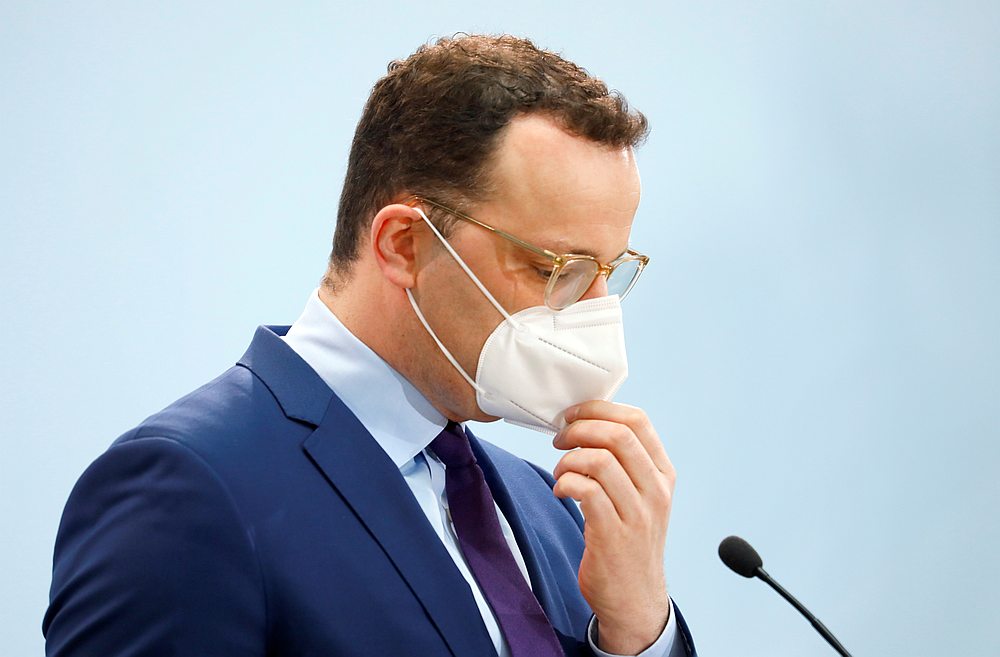BERLIN, Dec 30 — Germany could offer shots against the coronavirus to all who want them by the summer if a third vaccine from either Johnson & Johnson, AstraZeneca or CureVac wins EU approval, Health Minister Jens Spahn said yesterday.
Spahn was grilled during an interview broadcast live on the website of mass-selling Bild newspaper about media reports that Germany had so far only received four million doses of Pfizer Inc's and BioNTech's vaccine compared to five million shots secured by Israel, whose population is one-tenth of Germany's.
“We have not ordered insufficiently,” Spahn said. “We expect on the whole some 130 million doses from Moderna and BioNTech which will be enough to offer the vaccine to anyone wishing to be vaccinated.”
Asked when Germany would be in a position to make the vaccine available to all those wishing to have it, Spahn said: “It depends if we get more approvals, meaning Johnson & Johnson , AstraZeneca and CureVac. If one or two additional vaccines get approval, I think we will reach that point toward summer.”
Germany at the weekend rolled out the BioNTech/Pfizer vaccine developed by the German biotech company with its US partner, starting in elderly care homes where death rates are highest.
Europe's biggest economy has been in a strict lockdown that is expected to be extended beyond January 10 as it struggles to contain a second wave of infections.
BioNTech/Pfizer is the only Covid-19 vaccine approved in the EU. Moderna has said it expects the EU, which has already secured about 160 million shots from the US-based company, to approve its vaccine in mid-January.
German biotech firm CureVac this month started a large Phase 2b/3 clinical trial of its vaccine candidate.
J&J has said it has enrolled about 45,000 participants for the first late-stage trial of its single-dose vaccine candidate and that it expects interim data by late-January.
A senior EU drugs regulator has said the bloc will most likely not be able to approve the vaccine developed by drug maker AstraZeneca and the University of Oxford in January.
Spahn said if a third vaccine is approved in the EU, Germany would in theory be able to achieve herd immunity through inoculation next year. — Reuters






















